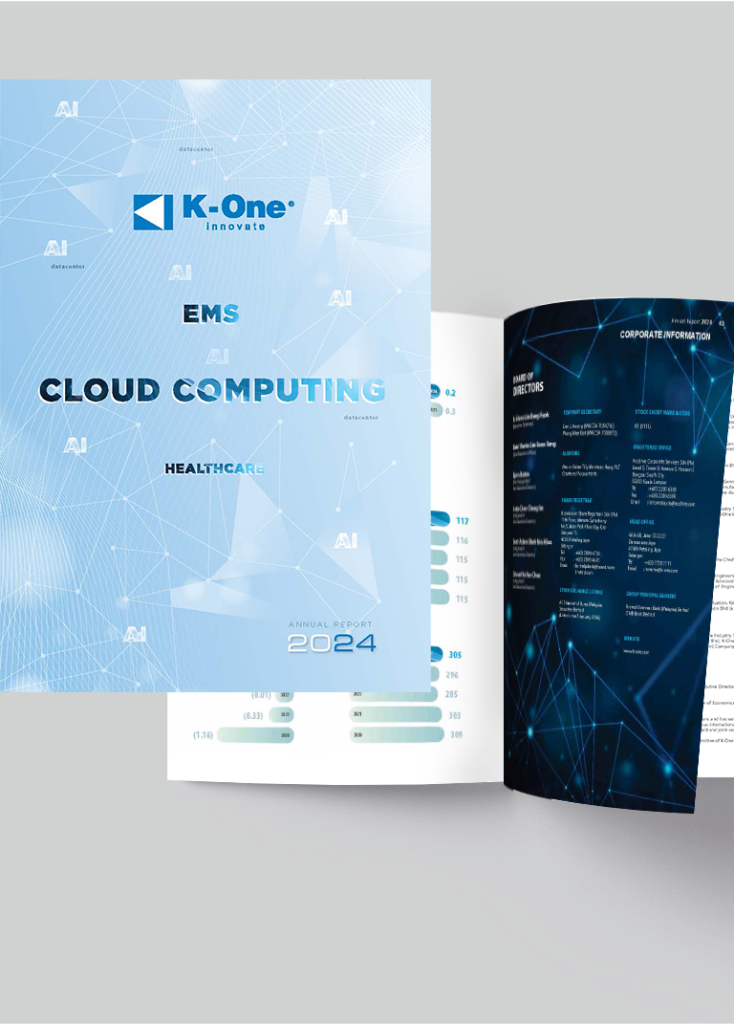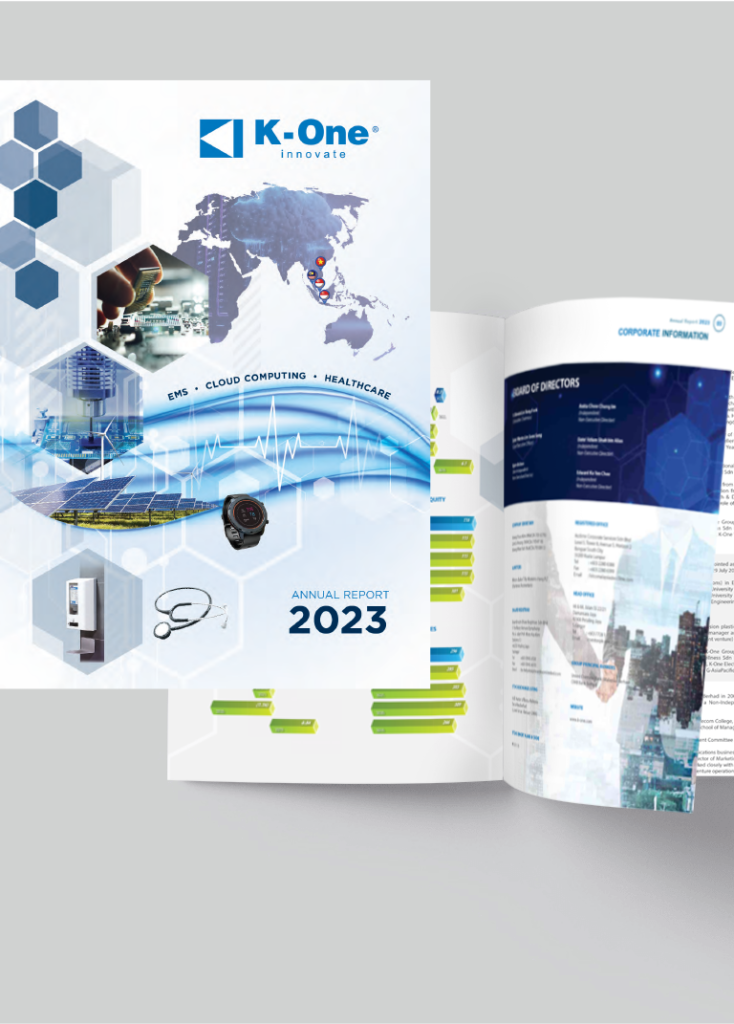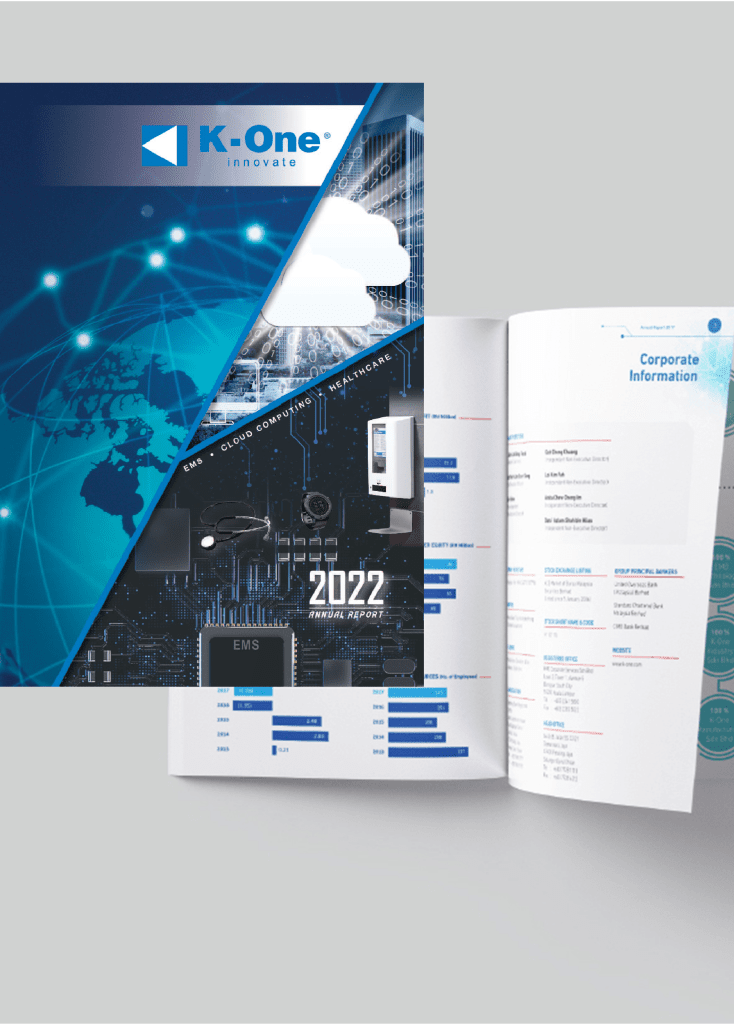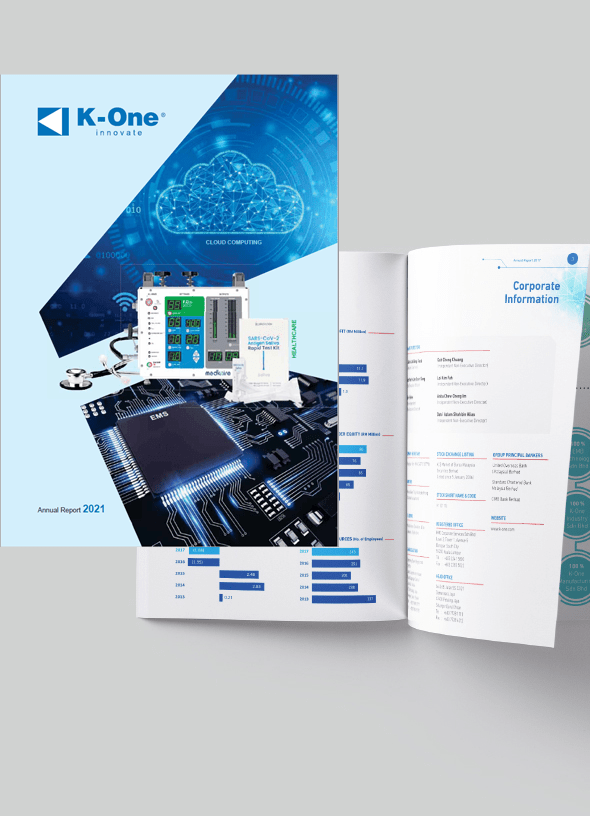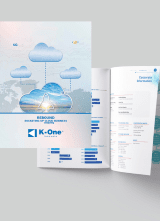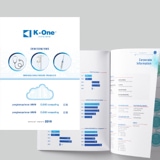Announcements To Bursa Malaysia
Quarterly Rpt On Consolidated Results For The Financial Period Ended 30 Sep 2025
Quarterly Rpt On Consolidated Results For The Financial Period Ended 30 Jun 2025
K-One Technology Berhad – K-One Wellness Sdn Bhd To Collaborate With MYRESQ Sdn Bhd as Its Cardiopulmonary Resuscitation (CPR) and First Aid Training Partner and Representative Through a Memorandum Of Agreement (MOA)
Change of Address
24th AGM Minutes

Board Of Directors
Ir. Edwin Lim Beng Fook
Executive Chairman
Ir. Edwin Lim Beng Fook co-founded K-One Technology Berhad in 2001. He was appointed as an Executive Director on 20 February 2001 and has been the Executive Chairman since its inception in 2001.
He holds a Bachelor of Science (Hons) in Engineering with Business Studies from Sheffield Hallam University, United Kingdom and a Master of Science in Mechanical Engineering from the University of Alberta, Canada. He is a professional engineer registered with the Board of Engineers, Malaysia and a corporate member of the Institution of Engineers, Malaysia. He is also a Chartered Engineer registered with the Institution of Engineering & Technology, United Kingdom.
Ir. Edwin Lim Beng Fook was awarded the Entrepreneur of the Year Award by the Malaysia-Canada Business Council in 2004 and the Alumni Award of Excellence by the University of Alberta in 2005. He was also the winner of the EY Entrepreneur of the Year Malaysia 2016 (Technology Category) organized by Ernst & Young.
His career spans almost 20 years with three multinationals, namely; Mobil Oil (Malaysia) Sdn Bhd, Renold (Malaysia) Sdn Bhd and AMP Products (Malaysia) Sdn Bhd (now known as TE Connectivity). His global experience in the electronics industry stems from him leading AMP as its Country General Manager in 1992, building up the Malaysian operation from a sales outfit to establishing from greenfield AMP’s manufacturing facility and Research & Development Centre. In addition to his Country General Manager’s role, he also held the dual role of being the Director, Automotive Industry responsible for the ASEAN region for a period of time.
His directorships in other companies in the K-One Group are K2 Meta Sdn Bhd, K-One Industry Sdn Bhd, K-One Wellness Sdn Bhd, K-One MediTech Sdn Bhd, K-One Manufacturing Sdn Bhd, K-One Electronics Sdn Bhd, K-One Venture Sdn Bhd, G-AsiaPacific Sdn Bhd and G-AsiaPacific (Vietnam) Company Limited.


Dato’ Martin Lim Soon Seng
Chief Executive Officer
Dato’ Martin Lim Soon Seng, a co-founder was appointed as the Chief Executive Officer in December 2001 and Executive Director of K-One Technology Berhad on 29 July 2002.He holds both the Bachelor of…

Dato' Azlam Shah Alias
Independent Non-Executive Director
Dato’ Azlam Shah Alias was appointed as an Independent Non-Executive Director of K-One Technology Berhad on 2 February 2017. He holds a Bachelor of Business Administration, majoring in Finance from the Eastern Michigan University…

Bjørn Bråten
Non-Independent Non-Executive Director
Bjørn Bråten co-founded K-One Technology Berhad in 2001 and was appointed as an Executive Director on 20 February 2001. He became a Non-Independent Non- Executive Director on 19 December 2008. He has a…

Edward Ka Yen Chee
Independent Non-Executive Director
Edward Ka Yen Chee was appointed as an Independent Non-Executive Director of K-One Technology Berhad on 1 August 2022.
He holds a Bachelor of Commerce (Hons), majoring in Accounting from University Tunku Abdul…

Peggy Liew Li Choo
Independent Non-Executive Director

Loi Kim Fah
Independent Non-Executive Director
Loi Kim Fah was appointed as an Independent Non-Executive Director of K-One Technology Berhad on 3 February 2005.
He holds a Bachelor of Accounting from the University of Malaya. He is a member of th…

Anita Chew Cheng Im
Independent Non-Executive Director
Anita Chew Cheng Im was appointed as an Independent Non-Executive Director of K-One Technology Berhad on 11 April 2016.
She holds a Bachelor of Economics, majoring in Accounting from Monash Un…

Goh Chong Chuang
Independent Non-Executive Director
Goh Chong Chuang was appointed as an Independent Non-Executive Director of K-One Technology Berhad on 3 February 2005. He holds a Certificate in Electrical Engineering from City & Guild of London…
Corporate Governance
The Board of Directors of K-One Technology Bhd has adopted the principles and best practices prescribed in the Malaysian Code on Corporate Governance 2021 in managing and directing the Board matters and business of the Group. The Board believes that good corporate governance would result in sustainable growth, stronger safeguard of the interests of all stakeholders, enhancement of shareholders’ value and last but not least, provide improved transparency on the Group’s financial performance.
